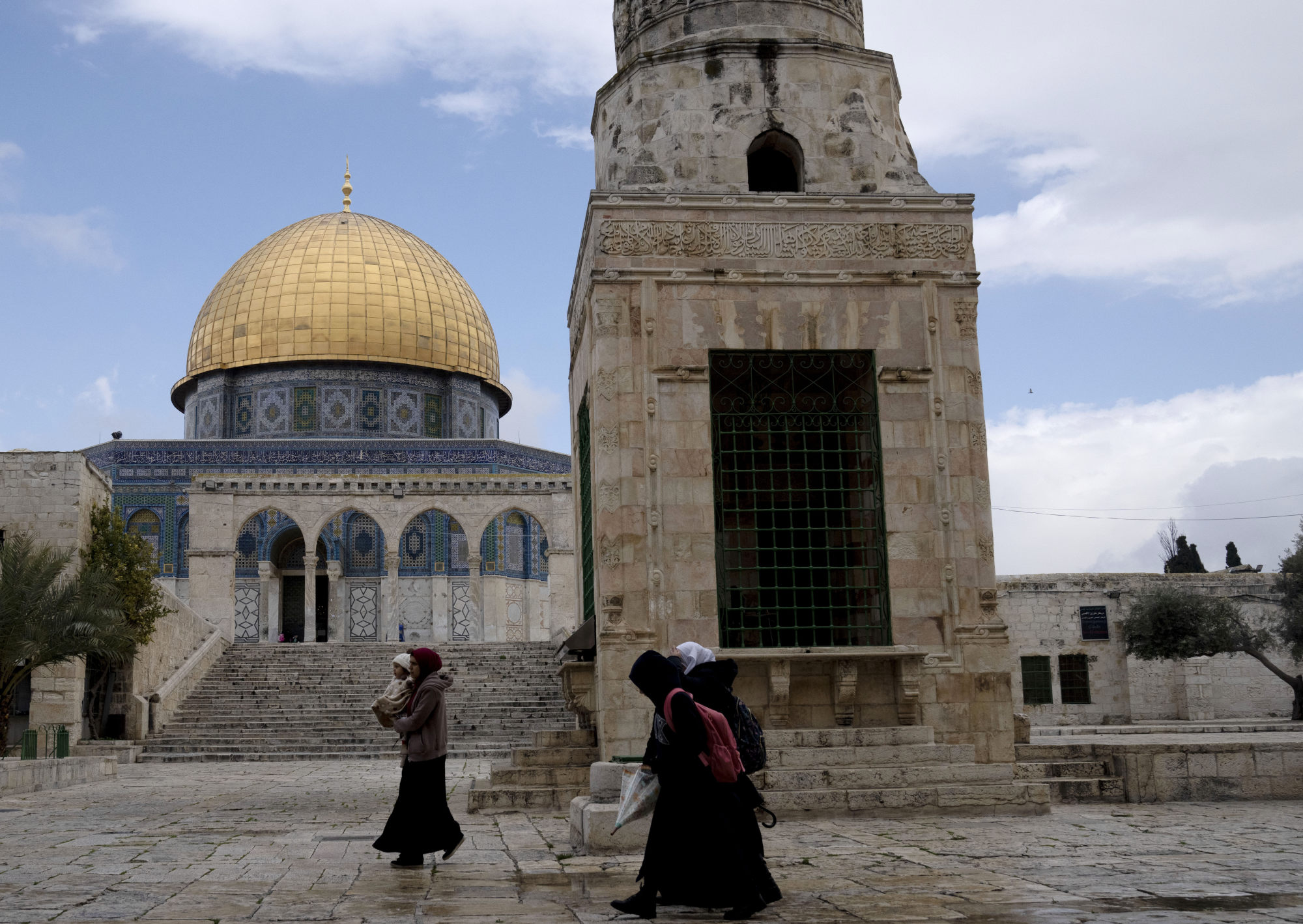
Israel to bar some Muslim citizens from Jerusalem’s Al Aqsa mosque during Ramadan, over Gaza war tensions
- Israel will cap the number of Muslim citizens who take part in peak prayers during the holy month at Jerusalem’s Al Aqsa Mosque, which is also revered by Jews
- Access rules have been a source of friction, including for Muslims who make up 18% of Israel’s population, particularly during Ramadan, which begins around March 10
Al Aqsa, one of Islam’s holiest shrines, is part of East Jerusalem, captured by Israel in a 1967 war and the focus of Palestinian statehood hopes. The site is also revered by Jews as a vestige of their two ancient temples.
Israel has imposed restrictions in the past – mostly on younger Palestinians from Jerusalem and the occupied West Bank. More than four months into the Gaza war, worries about flare-ups are spiralling.
National Security Minister Itamar Ben-Gvir said his bid to bar most Muslim citizens from Friday prayers during Ramadan was overruled by Prime Minister Benjamin Netanyahu. Still, he said a cap of 40,000 to 50,000 would be imposed, having successfully argued against officials who wanted 120,00 to 150,000 admitted.
“My position in principle was accepted over [those who thought] a whole promenade of Israeli Arabs should be allowed in,” he told Army Radio on Tuesday.

The measure drew condemnation from Arab leaders, including opposition lawmaker Ahmad Tibi, who said the far-right Ben-Gvir is an “arsonist, but who has above him someone who is responsible and is handing him a jerrycan of petrol”.
Ben-Gvir voiced disappointment that Netanyahu had not accepted his proposal to empower police to enter the Al Aqsa compound and remove any flags or signs erected in support of Hamas, the Palestinian Islamists Israel is fighting in Gaza.
Citing the plight of hostages held in Gaza, Ben-Gvir argued it would be a “picture of defeat” to allow such displays of Hamas solidarity in the city Israel deems its capital, a status not recognised widely abroad.
Israel has clamped down on entry by Palestinians since Hamas triggered the Gaza war with a cross-border killing and kidnapping spree on October 7. A police spokesperson did not immediately detail plans for any Palestinian access to Al Aqsa.
Many Arab citizens of Israel identify as Palestinians and, during the last Gaza war of 2021, some rioted. This war has not seen such sectarian strife. Ben-Gvir credited his “zero tolerance” for incitement, a policy critics say entails excessive monitoring of Arab citizens.

